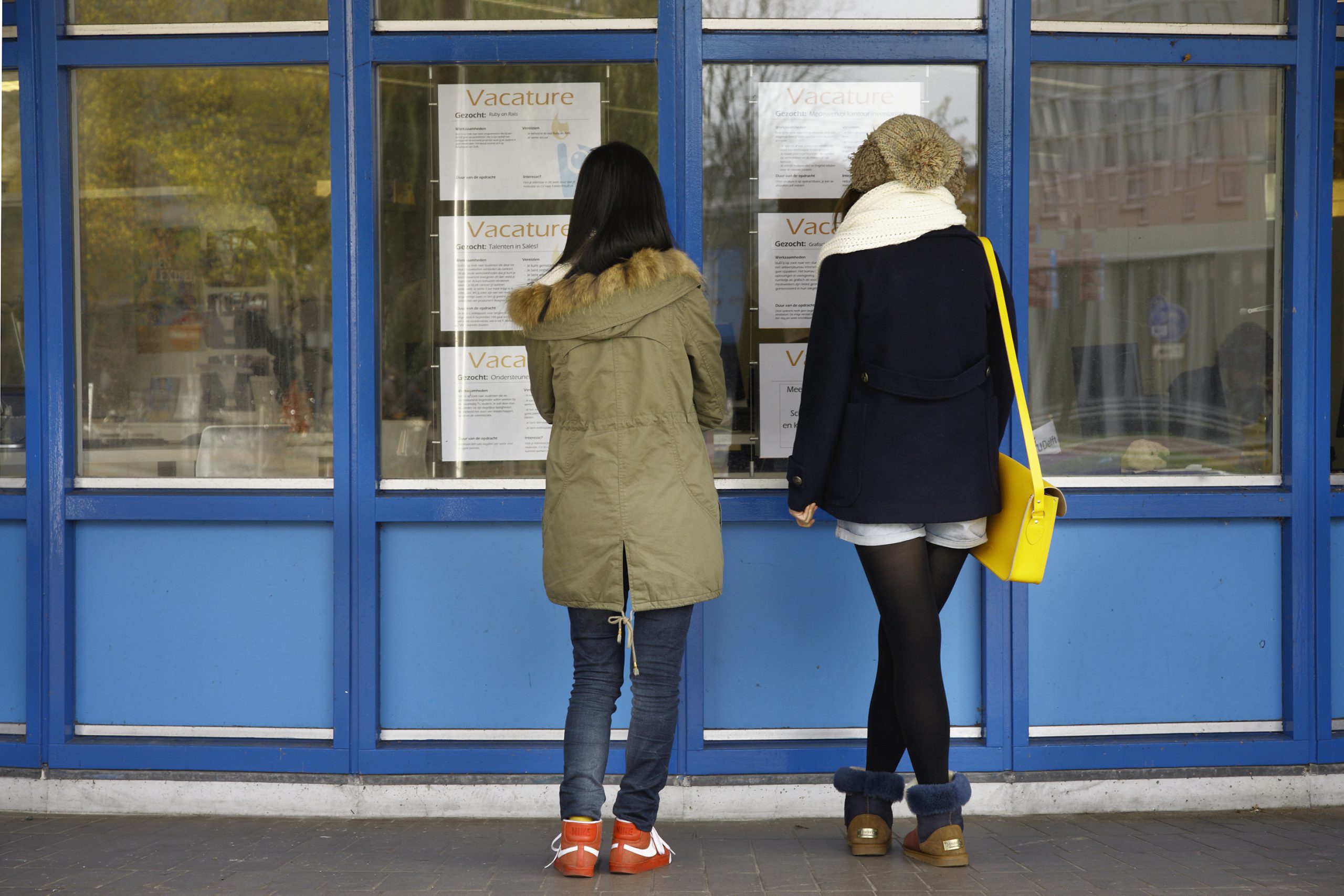Is an international student employee an asset? Eager to learn, excited to earn and fluent in English – does the global workspace covet these new TU Delft internationals? In the second part of our on-going series on Work and the international student, we get a sense of what employers feel about these issues.
The good news
In recent decades, a number of organizations have been set up to help students find employment while pursuing their degrees. These agencies help foreign students understand their legal obligations and obtain work visas for them. Founded in 1988, student-run employment agency Kojac C.V. specialises in IT jobs. Most international students with them work in programming roles. “There are probably about 40 international students filling in the contact form of our website on an annual basis. Of these 40, I think there are about 25 students non-EU students,” says Richard Spijkers, who works with the company. According to Spijkers, language is not a problem in this field as programming is a universal language.
However, that’s not always the case as language is critical in job roles that require communicating with others. Jasper van Schie, the owner of Doerak Biercafé Delft, has employed several internationals from various countries. According to him one big advantage of international staffers is their connection with foreign customers. “They also add variety to the team,” he says. He goes, however, to say that “[not knowing Dutch] can also be a burden on the non-Dutch speaking person, as they communicate less naturally with Dutch speaking customers and also other staff members.”
One of the largest employers of international students on campus is the Central International Office. While they don’t have many student employees at the moment, they have several during the summer when a host of special activities are planned. The CIO hires students through employment agencies StuD and Flex and also has an Activity team to help non-EU students. “We also created (and update) a smoelenboek where we offer their individual skills. This is passed on to the CIO and the international offices at the faculties. This helps colleagues be more aware of the qualities students have to offer and they can of course contact them directly,” says Marlies Poelmann, Communications Officer, CIO.
The bad news
Not knowing Dutch is not the only hurdle for international students. Non-EU students are also allowed to work only 10 hours a week. Calling this rule ‘limiting’, Spijkers says even though there is a big shortage of experienced and skilled programmers, employers would think twice about hiring them as they require a minimum availability of 16 hours. “It often takes quite a while to get the hang of the application that you are working on and the weekly progress is limited if you can only work 10 hours per week.” explains Spijkers.
While everyone agrees that students need time to focus on their academics, authorities are cognizant of the drawbacks of having such restrictions on time. “What we think is not okay is the fact that non-EU can either work 520 hours within a restricted amount of time or they are allowed 10 hours per week. The division is strict, and we would prefer the possibility to be more flexible,” adds Poelmann.
This is the second article in a series of three on work and the international student.



Comments are closed.